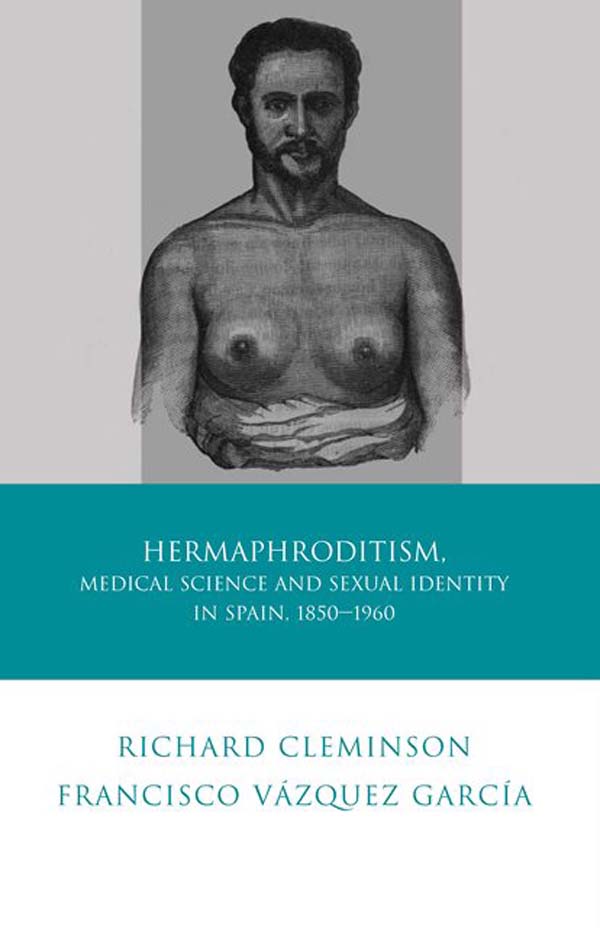Hermaphroditism, Medical Science and Sexual Identity in Spain, 1850–1960
Author(s) Richard Cleminson,Francisco García
Language: English
Genre(s): Gender Studies, Modern Languages, History
Series: Iberian and Latin American Studies
- October 2009 · 288 pages ·216x138mm
- · Hardback - 9780708322048
- · eBook - pdf - 9780708322796
- · eBook - epub - 9781783163793
Analyses the medical category of 'hermaphroditism' in Spain over the period 1850-1960. This title attempts to show how the relationship between the male and female body, biological 'sex', gender and sexuality constantly changed in the light of emerging medical, legal and social influences.
"This is a fascinating exploration of the changing shapes of hermaphroditism and intersexuality in Spain's journey through modernity, accessible to readers a cross a wide range of interests and disciplines. Lucidly and knowledgeably written, the book takes the reader through a story of shifting categories, intense personal struggles, the complex and endlessly revealing processes of 'sex determination' by specialists and the construction of discourses, social and professional. Alive to the linkages between science, medicine, society, and culture, it gradually reveals a distinctive dialogue between Spanish and international scientific ideas about sex, gender, and the body. Patients, experts, and institutions alike are given a voice: some of the famous--such as Gregorio Maranon--are listened to with renewed interest and wariness of currently accepted views on them: others are heard and their experiences assessed for the first time here."--Chris Perriam, Manchester University


